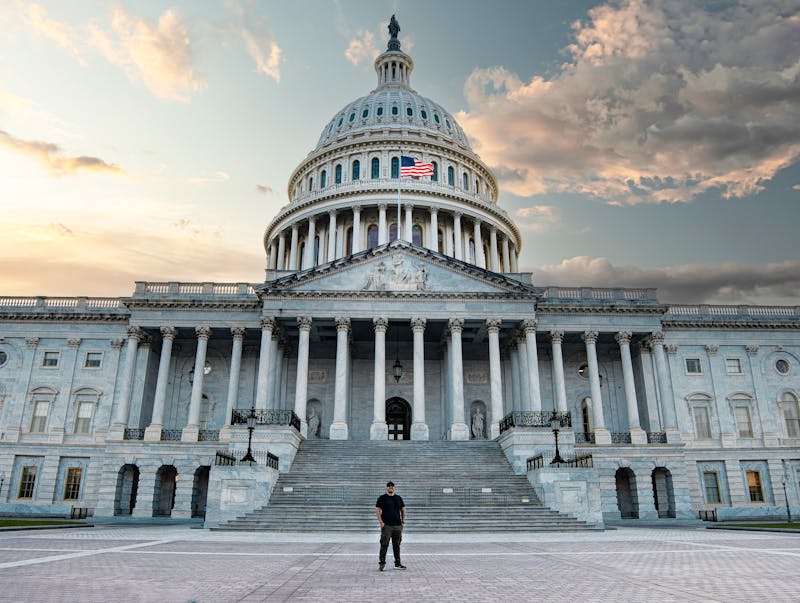“The struggle over the Black mind has been a defining feature of each generation’s fight.” — Karida L. Brown
The Battle for the Black Mind” by Karida L. Brownis a powerful, deeply researched exploration of the ongoing struggle for Black intellectual and educational liberation in America. The book traces over a century of history, from late-stage slavery through emancipation, Jim Crow, desegregation, the Civil Rights movement, and into the present-day political landscape, highlighting how education has been a battleground for controlling and defining Black identity and participation in democracy.
A key theme is the ideological conflict between figures like W.E.B. Du Bois and Booker T. Washington, illustrating contrasting visions for Black education—Du Bois advocating for full intellectual empowerment and Washington promoting industrial education as a pragmatic approach. Brown reveals how education was often weaponized to restrict Black minds to labor-centric roles, but also celebrates the resilience and agency of Black educators and leaders who fought to expand access to critical thinking and leadership training.
The book also pays tribute to lesser-known but pivotal figures such as Mary, who risked persecution to educate formerly enslaved people, symbolizing education’s link to liberation. Brown connects historical struggles to present-day challenges, including attacks on diversity initiatives and educational equity, making a clear case that the battle for Black minds is ongoing and urgent.
Brown concludes with a hopeful and actionable message, offering ten practical steps for Black students and communities to continue the fight for educational justice. She emphasizes that even small actions can dismantle large systems of oppression, encouraging readers to engage actively in this critical struggle.
A notable quote from the book encapsulates its spirit:
“If you take away just one lesson from The Battle for the Black Mind, let it be this: Small axe fall big tree.”— a Jamaican proverb meaning that even the smallest tool, wielded by the people, can dismantle the largest systems.
Overall, the book is described as educational, well-written, and necessary reading for anyone interested in racial justice, cultural studies, and the transformative power of education. It challenges readers to confront hard truths about history, media, and power while inspiring hope and action.







